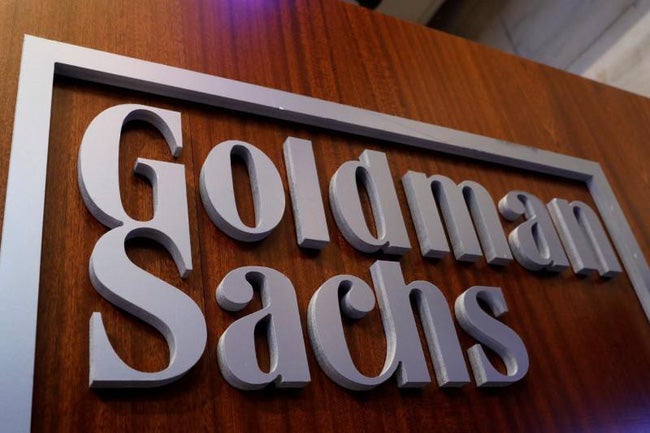The US Securities and Exchange Commission has sanctioned a former portfolio manager at a Boulder, Colo.-based investment adviser for forging documents and misleading the firm’s chief compliance officer to conceal his failure to report personal trades.
An SEC investigation found that Carl Johns of Louisville, Colo, failed to pre-clear or report several hundred securities trades in his personal accounts as required under the federal securities laws and the code of ethics at Boulder Investment Advisers (BIA).
Johns concealed the trades in quarterly and annual trading reports that he submitted to BIA by altering brokerage statements and other documents that he attached to those reports. Johns later tried to conceal his misconduct by creating false documents that purported to be pre-trade approvals, and misled the firm’s chief compliance officer in her investigation into his improper trading.
To settle the SEC’s charges, which is the agency’s first under Rule 38a-1(c) of the Investment Company Act for misleading and obstructing a chief compliance officer (CCO) – Johns agreed to pay more than US$350,000 and be barred from the securities industry for at least five years.
According to the SEC’s order instituting settled administrative proceedings against Johns, the Investment Company Act required him to submit quarterly reports of his personal securities transactions and annual reports of his securities holdings.
From 2006 to 2010, Johns failed to comply with these obligations and did not pre-clear or report approximately 640 trades. These included at least 91 trades involving securities held or acquired by the funds managed by the firm.
How well do you really know your competitors?
Access the most comprehensive Company Profiles on the market, powered by GlobalData. Save hours of research. Gain competitive edge.

Thank you!
Your download email will arrive shortly
Not ready to buy yet? Download a free sample
We are confident about the unique quality of our Company Profiles. However, we want you to make the most beneficial decision for your business, so we offer a free sample that you can download by submitting the below form
By GlobalDataAccording to the SEC’s order, Johns submitted inaccurate quarterly and annual reports and falsely certified his annual compliance with the code of ethics. Johns physically altered brokerage statements, trade confirmations, and pre-clearance approvals before submitting them to the firm along with these reports.
The SEC’s order further finds that Johns created several documents that purported to be pre-clearance requests approved by the firm’s CCO, who had never actually reviewed or approved such trades.
Johns created these false pre-clearance approvals to cover up instances in his annual report when securities transactions were not pre-cleared. Johns also altered the trade confirmations that he submitted to BIA by backdating the dates of the transactions, and he backdated trade confirmations to make it falsely appear as though pre-clearances were granted in advance of the transactions.
According to the SEC’s order, the firm’s CCO in late 2010 identified irregularities in the documents that Johns submitted to BIA detailing his personal securities transactions. The irregularities prompted the CCO to make inquiries about his compliance with the firm’s code of ethics, and Johns misled the CCO in response.
Johns falsely told the CCO that he had closed certain brokerage accounts when in fact they remained open and were involved in trading that was not pre-cleared as required. Johns also accessed the hard copy file of his previously submitted brokerage statements and physically altered them to create the false impression that his trading was in compliance.
In settling the SEC’s charges, Johns has agreed to pay disgorgement of US$231,169, prejudgment interest of US$23,889, and a penalty of US$100,000. Without admitting or denying the SEC’s findings, Johns consented to a five-year bar and a cease-and-desist order.
Julie Lutz, acting co-director of the SEC’s Denver regional office, said: "Securities industry professionals have an obligation to adhere to compliance policies, and they certainly must not interfere with the chief compliance officers who enforce those policies. Johns set out to cover up his compliance failures by creating false documents and misleading his firm’s CCO."







